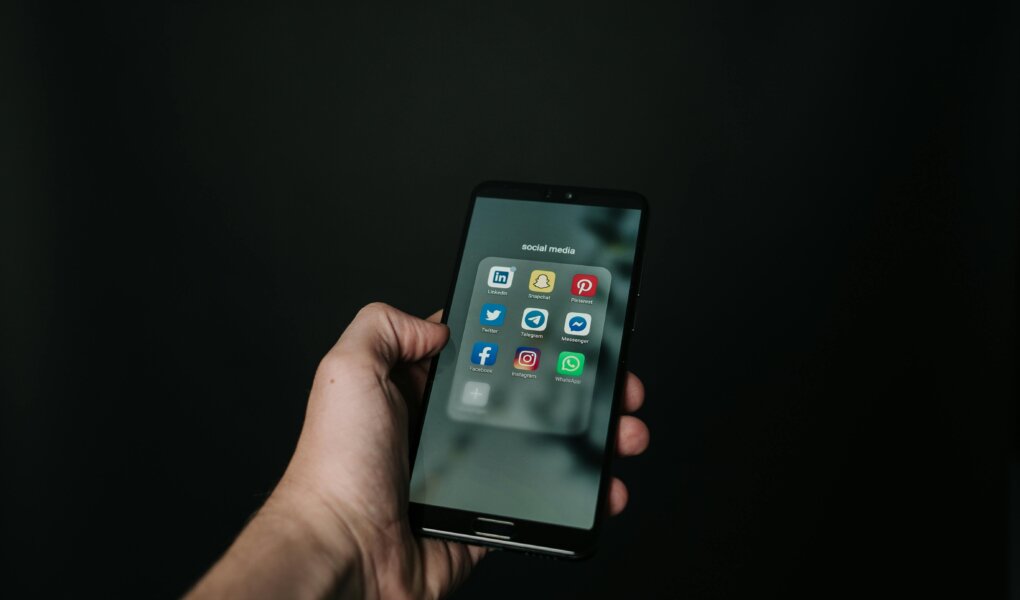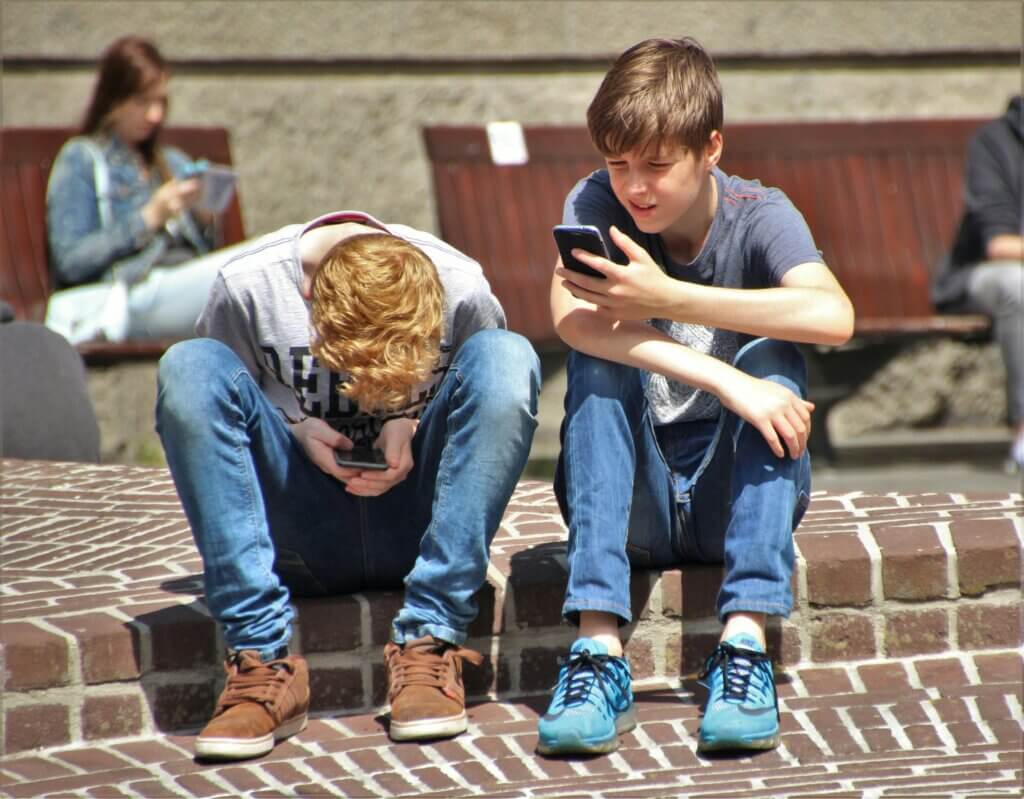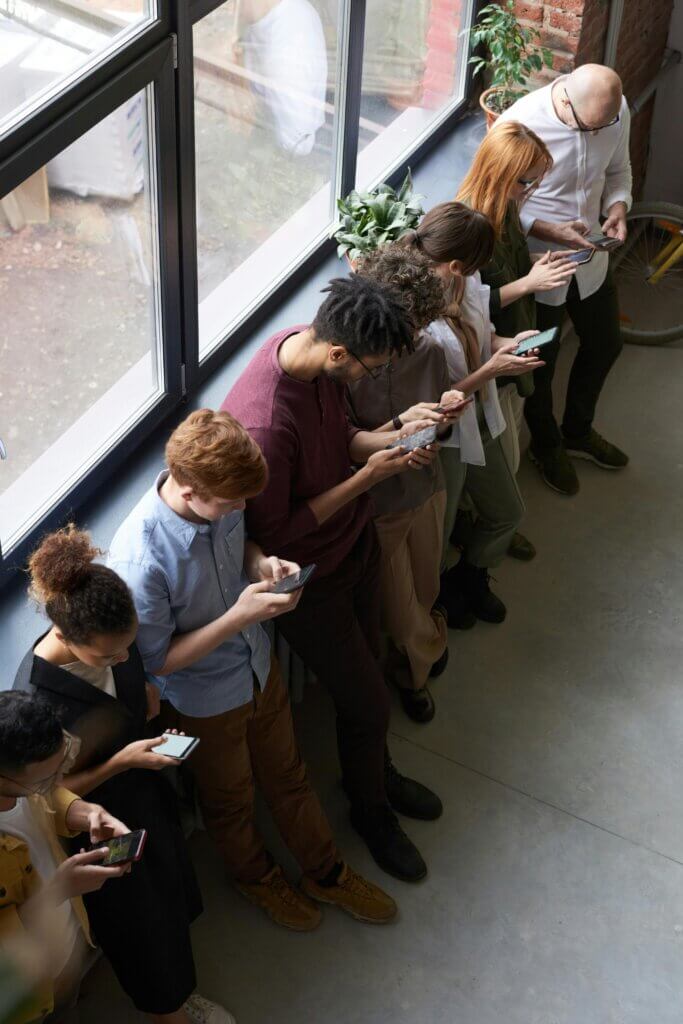In today’s world, social media has reshaped how we communicate, interact, and build relationships. While these platforms allow for global connectivity, they also come with certain risks that can negatively impact our mental health, productivity, and personal relationships. But the question remains: Should you quit social media – yes or no?
Is stepping away from these platforms the right choice for your well-being, or is it better to maintain a balanced approach? In this article, we will explore the benefits and challenges of social media, weighing the yes vs. no debate, and help you make an informed decision on whether to quit or just limit your usage.
The Advantages of Social Media
Despite the growing concerns about its impact, social media offers several benefits that make it an integral part of modern life.
1. Building Connections
Social platforms enable effortless communication, bridging long distances and helping people stay connected. Families and friends can maintain their relationships even if they are geographically separated.
2. Sharing Knowledge
Social media has become a powerful tool for spreading information. Educational content, real-time updates, and promoting book-to-screen adaptations have all become key advantages of these platforms.
3. Creating Communities
Interest-based groups thrive online. These communities allow individuals to find support, collaborate, and engage with others who share their passions and interests.
4. Boosting Businesses
Social media provides a platform for businesses to engage with their target audience directly, promoting products and building brand recognition. It’s an essential marketing tool in today’s digital age.
5. Entertainment and Creativity
Whether it’s watching series, sharing music, or engaging in creative endeavors, social media offers an endless source of entertainment and opportunities for self-expression.
The Challenges of Online Platforms
While the benefits are evident, there are significant challenges tied to overuse or unhealthy engagement with social media. These include:
- Emotional Struggles and Comparison: The curated nature of social media can cause individuals to feel inadequate or experience low self-worth when comparing their lives to others.
- Anxiety About Missing Out (FOMO): Constant updates on what’s happening around the world can create pressure to stay informed at all times, leading to stress.
- Harassment: Cyberbullying and online abuse have become more prevalent, leaving many users emotionally scarred.
- Worsening Mental Health: Overuse of social media has been linked to increased rates of anxiety, depression, and loneliness, particularly among younger users.
- Addictive Features: Social media is designed to keep users engaged. Notifications, infinite scrolling, and constant updates are all designed to encourage prolonged use, often at the expense of other important activities.
- Privacy Risks: Sharing personal information online comes with risks like data breaches and potential misuse.
- Misinformation: The rapid spread of false information can have serious consequences, from influencing public opinion to inciting social unrest.
Signs of Social Media Overuse
Recognizing when social media use becomes unhealthy can be challenging but important. Signs of overuse include:
- Spending more time on apps than originally intended
- Neglecting responsibilities such as work, school, or relationships
- Feeling restless or anxious when offline
- Prioritizing virtual interactions over in-person relationships
- Losing sleep from late-night browsing
Steps to a Healthier Online Experience
If you’re not ready to quit social media entirely, there are several ways to use these platforms in a healthier way:
- Set Boundaries: Establish specific time limits for usage using in-app tools or timers.
- Practice Mindful Browsing: Pay attention to how content impacts your emotions and disengage from harmful or negative feeds.
- Focus on Offline Life: Make time for in-person interactions and engage in activities that bring you joy outside of screens.
- Take Regular Breaks: Consider taking a “digital detox” by turning off notifications or scheduling tech-free weekends.
Should You Quit Social Media?
For some, quitting social media may seem like the best option. Should you quit social media entirely? Here are some reasons why stepping away from these platforms could be beneficial:
- Improved Mental Health: Reduced exposure to negativity and comparison leads to better emotional well-being.
- Greater Productivity: With less time spent scrolling, you can focus on your personal goals, career, and hobbies.
- Deeper Connections: Shifting your focus to in-person relationships can lead to stronger, more meaningful connections.
The Challenges of Transitioning Away from Social Media
While quitting social media can be transformative, it comes with challenges:
- Fear of Missing Out (FOMO): If social media was your primary way of staying informed or connected, you may experience anxiety about missing out on important events or updates.
- Feeling Isolated: Disconnecting from digital platforms can initially feel isolating, especially if you relied on them to maintain friendships.
However, the transition away from social media can also be liberating. It provides an opportunity to reclaim your time, reduce stress, and focus on what truly matters. Gradually reducing screen time rather than quitting abruptly can help you adjust without feeling too disconnected.
How to Transition Away from Social Media
If you decide to quit social media, here are some steps to ease the process:
- Inform Close Contacts: Let friends and family know about your decision and provide alternative ways to stay in touch.
- Deactivate or Delete Accounts: Remove temptation by deactivating or deleting your accounts.
- Replace Screen Time: Spend time on activities that you find fulfilling, such as reading, hobbies, or exercising.
- Use App Blockers: Prevent yourself from revisiting social platforms by using browser extensions or app blockers.
- Be Patient: Allow yourself time to adjust to life without constant digital engagement.
Social Media Use vs. Quitting
| Aspect | Social Media Use | Quitting Social Media |
|---|---|---|
| Mental Health | Can cause anxiety, depression, and FOMO | May improve emotional well-being and reduce stress |
| Productivity | Distractions and time-wasting | Increased focus on personal goals and career |
| Relationships | Facilitates long-distance connections | Encourages deeper, in-person interactions |
| Creativity | Offers platforms for creative expression | More time for offline creative activities |
| Information | Instant access to news and updates | Need to seek alternative, curated sources for news |
Broader Impacts of Digital Spaces
Beyond personal implications, social media has broader effects on society:
- News and Media: While it provides instant news updates, it also facilitates the spread of misinformation.
- Business Growth: Social media has revolutionized marketing, allowing brands to reach global audiences.
- Mental Health Awareness: Platforms have raised awareness about mental health but also contributed to anxiety and depression.
- Cultural and Economic Shifts: Social media has influenced trends, business practices, and cultural norms in both positive and negative ways.
Should You Quit Social Media? A Personal Decision
Deciding whether to leave social media is a deeply personal choice that depends on individual circumstances, habits, and priorities. For some, it serves as a lifeline for connection, creativity, and professional growth. For others, it becomes a source of stress, distraction, and emotional strain. By evaluating the benefits and drawbacks, you can determine whether a balanced approach, periodic detox, or complete disengagement aligns better with your well-being and goals.
FAQs
Is it necessary to quit entirely to benefit from less screen time?
No, setting boundaries and taking breaks can also significantly improve your well-being.
How can I recognize overuse?
Signs include neglecting responsibilities, sleep disturbances, and feelings of anxiety when offline.
Will quitting help me focus better?
Yes, many find they have improved focus and productivity when they reduce or quit usage.
Are there alternatives to social media for staying connected?
Yes, phone calls, emails, and in-person interactions are excellent alternatives.
What steps should I take to quit?
Inform contacts, deactivate accounts, uninstall apps, and fill your time with offline activities.
How can parents help their children manage online activity?
Set clear boundaries, communicate openly, and use parental controls to ensure safe usage.
Does quitting eliminate all risks?
While it removes direct risks like overexposure and privacy concerns, it’s also vital to cultivate a balanced approach to digital tools.
Can businesses survive without these platforms?
Yes, businesses can rely on email marketing, in-person events, and other traditional channels for engagement.
How can quitting improve mental health?
It reduces stress, social comparison, and exposure to negative content, leading to greater emotional resilience.
What’s the future of these platforms?
Expect more integration with technologies like AR and VR, alongside stricter regulations on misinformation and privacy.
How can I overcome FOMO (Fear of Missing Out) after quitting social media?
To overcome FOMO, focus on the benefits of your decision, such as better mental clarity and more time for personal growth. Engage in fulfilling offline activities, and remember that you’re not missing out on anything truly significant by prioritizing your well-being.
What are some alternatives for staying informed without social media?
You can stay informed by subscribing to reliable news websites, listening to podcasts, or reading print publications. Setting up email alerts for specific topics or following credible newsletters can also help you stay updated.
Is quitting social media better than limiting its use?
The answer depends on your situation. If social media negatively affects your mental health, quitting entirely might be best. However, if you can set healthy boundaries and use it mindfully, limiting its use can also bring balance.
Can quitting social media improve my sleep?
Yes, quitting or reducing use, especially before bedtime, can significantly improve sleep quality. Without the blue light exposure and the mental stimulation of endless scrolling, your brain can relax more easily, leading to better rest.
What are the biggest challenges when quitting social media?
The biggest challenges include feeling disconnected from others, managing the urge to check updates, and finding new ways to fill your time. Building offline connections and focusing on hobbies can help overcome these obstacles.
Conclusion
Deciding whether or not to quit social media is a deeply personal choice. For some, social media offers valuable connections, creativity, and professional opportunities, while for others, it can lead to stress, distraction, and emotional strain. By setting boundaries, taking breaks, or stepping away entirely, you can reclaim your time and prioritize what truly matters—whether that’s mental health, personal relationships, or productivity.
Ultimately, the question of should you quit social media comes down to understanding how these platforms impact your life and finding a balance that works for you. Whether you choose to reduce your usage, take periodic breaks, or quit altogether, the key is aligning your digital life with your personal well-being and goals.






